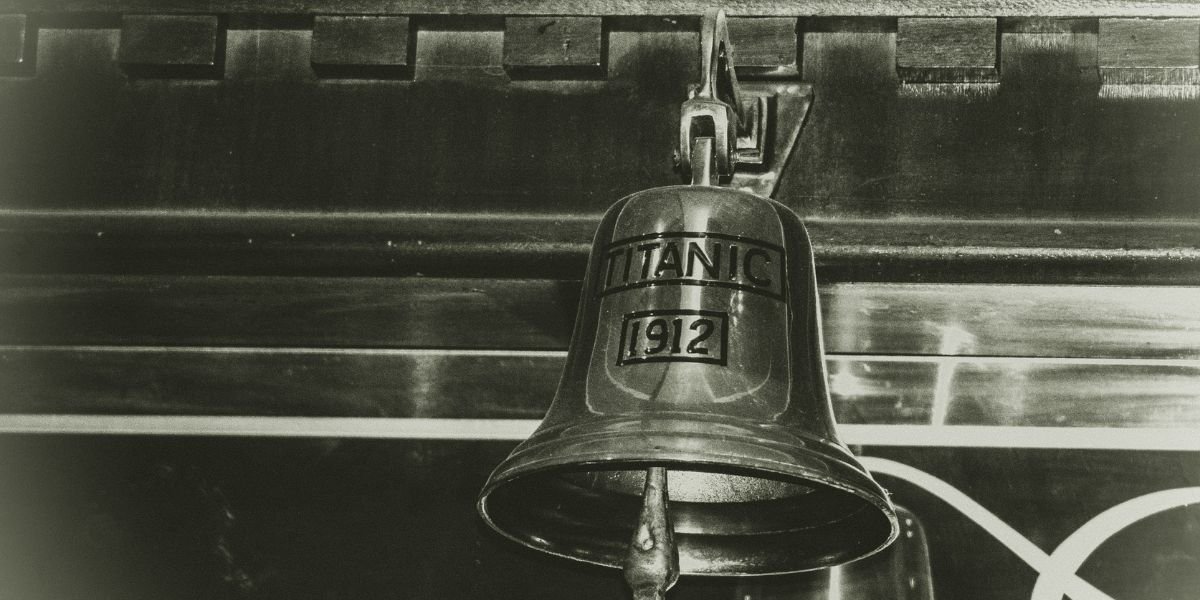The Afro is more than just a hairstyle—it is a powerful symbol of Black identity, pride, and resilience. Once popularized in the 1960s and 1970s during the Civil Rights Movement, the Afro has since become an emblem of cultural reclamation and a way for Black people to assert their natural beauty in a world that often strives to define them by European beauty standards. Today, the Afro continues to serve as a powerful statement of self-love, empowerment, and cultural pride.
Read Also: Black-Owned Businesses: Resources & Support
The Origins of the Afro
The history of the Afro dates back to ancient Africa, where natural hair was revered and celebrated for its beauty and significance. Throughout much of history, African peoples wore their hair in various styles, reflecting their heritage, tribe, and social status. However, during the colonial and post-colonial periods, European standards of beauty took precedence, leading many Black individuals to straighten their hair in an attempt to conform to these foreign ideals.
It wasn’t until the 1960s, with the rise of the Black Power movement, that the Afro was reclaimed as an expression of pride and defiance. Figures like Angela Davis, James Brown, and other cultural icons helped popularize the Afro, encouraging Black people to embrace their natural hair and reject societal pressures to conform to white beauty standards.
The Beauty of the Afro
The Afro is unique because it represents the versatility and vibrancy of Black hair. Its voluminous, rounded shape symbolizes fullness, strength, and pride. Unlike straight or wavy hair, which can be manipulated and styled in a variety of ways, the Afro is a celebration of the natural texture of Black hair—each curl and kink contributing to its distinct beauty.
Many Black people find strength in the Afro because it represents a rejection of societal norms. It is an expression of freedom—freedom from the chemical treatments and straighteners that once dominated the beauty industry. By embracing the Afro, individuals celebrate their natural beauty and refuse to let their hair be altered to fit into someone else’s mold.
The texture and shape of the Afro can also be an individual expression. Whether tight curls or loose waves, every Afro is different, and each one holds a story of its own. The diversity in styles—from short, neat Afros to wild, free-flowing shapes—demonstrates the wide spectrum of beauty found in Black hair.
The Significance of the Afro for Black People
For Black people, the Afro has come to represent more than just a hairstyle; it is a statement of self-acceptance, empowerment, and resistance. The decision to wear the Afro is a declaration that Black people do not need to conform to mainstream ideals to be beautiful, successful, or powerful. It is a reclaiming of identity, an assertion of pride in Black heritage, and an acknowledgment of the historical significance of natural hair.
In many ways, the Afro became a form of political protest. During the Civil Rights Movement and the Black Power era, the Afro was a way to challenge the status quo. It was a visual marker that distinguished those who embraced Black pride from those who adhered to the Eurocentric ideals of beauty. Wearing the Afro became a symbol of Black unity and resistance against oppression.
The Afro also represents the diversity within the Black community. It serves as a unifier among Black people of all shades, textures, and backgrounds, emphasizing that Black beauty is multifaceted and should be celebrated in all its forms. It is a way for Black people to affirm their identities, whether in the face of external pressure to conform or in their personal journey of self-discovery.
The Afro’s Revival in Popular Culture
In recent years, the Afro has seen a significant resurgence in mainstream culture. Celebrities like Beyoncé, Solange, and Zendaya have proudly worn their natural hair, helping to redefine beauty standards for a new generation. The rise of natural hair movements and social media platforms dedicated to Black hair care has further encouraged Black individuals to embrace their natural textures.
The Afro is no longer just an icon of the past; it is a contemporary trend that signifies confidence, self-love, and a commitment to embracing one’s roots. The resurgence of the Afro in popular culture speaks to the ongoing shift in the beauty industry, as more people seek to celebrate natural beauty rather than conform to traditional or Eurocentric beauty standards.
The Afro and the Future of Black Identity
The future of the Afro lies in its continued ability to evolve while remaining deeply connected to Black culture and history. As the conversation around race, beauty, and self-acceptance continues to evolve, the Afro will undoubtedly remain a central symbol of Black identity.
For future generations, the Afro will likely continue to represent pride, power, and freedom. As Black people around the world continue to explore and express their identities in new and creative ways, the Afro will serve as both a tribute to the past and a beacon of hope for a more inclusive and equitable future.
By embracing the Afro, Black individuals contribute to the ongoing journey toward racial and cultural liberation. The act of wearing one’s hair naturally is not just a personal choice—it is a collective statement that Black beauty, identity, and history are deserving of recognition and celebration.
Read Also: Thriving in the Local Food Scene: A Roadmap to Restaurant Success
The Afro is more than just a hairstyle—it is a testament to the resilience, beauty, and strength of Black people. From its historical roots to its current resurgence in popular culture, the Afro represents a profound connection to Black heritage and an enduring symbol of pride. By embracing the Afro, Black people are asserting their right to define their own beauty and identity, rejecting the constraints of societal expectations and celebrating their natural, powerful selves.
As we continue to honor and uplift Black culture, the Afro will remain a powerful symbol of the beauty, complexity, and richness of Black identity.








